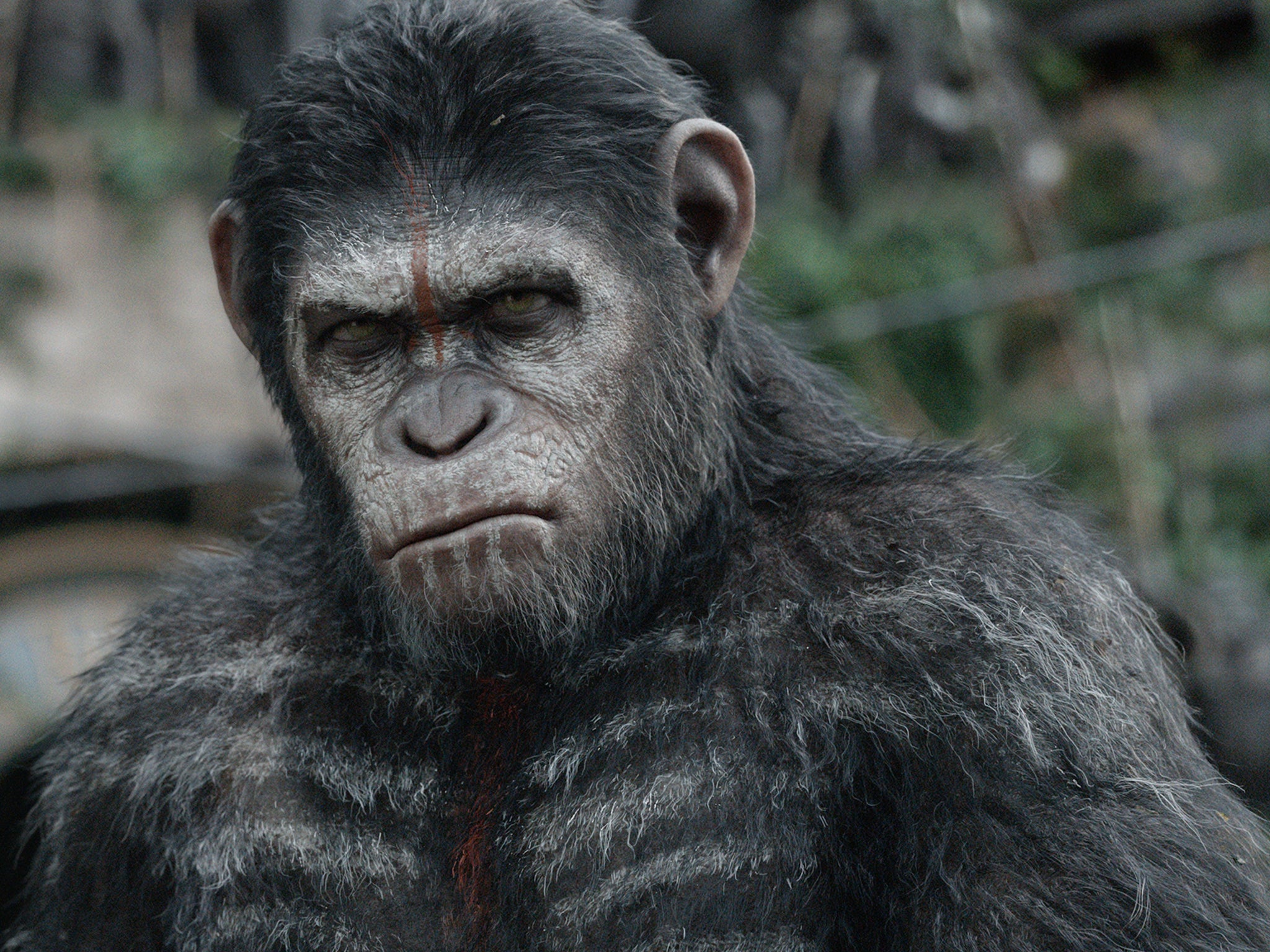Humans spared from disease because we became more deadly
Study shows that adoption of tools to kill - instead of biting - has saved human species from viruses

Your support helps us to tell the story
From reproductive rights to climate change to Big Tech, The Independent is on the ground when the story is developing. Whether it's investigating the financials of Elon Musk's pro-Trump PAC or producing our latest documentary, 'The A Word', which shines a light on the American women fighting for reproductive rights, we know how important it is to parse out the facts from the messaging.
At such a critical moment in US history, we need reporters on the ground. Your donation allows us to keep sending journalists to speak to both sides of the story.
The Independent is trusted by Americans across the entire political spectrum. And unlike many other quality news outlets, we choose not to lock Americans out of our reporting and analysis with paywalls. We believe quality journalism should be available to everyone, paid for by those who can afford it.
Your support makes all the difference.Humans have fewer viral remnants in their genes than other mammals because they gave up biting, research suggests.
When our ancestors started using weapons to fight and hunt with instead of teeth they reduced their exposure to blood-borne viruses, scientists believe.
As a result, humans are unusual in not having had any new types of virus embedded in their DNA in the last 30,000 years.
Certain viruses known as "retroviruses" are capable of incorporating themselves into an animal's genetic code and being passed down from one generation to the next.
These "endogenous retroviruses" (ERVs) are not a serious threat to humans, but can result in diseases such as cancer in other animals.
A team of British and US researchers compared the number of times ERVs appeared to have entered the genomes of animals and 39 other mammalian species, including chimpanzees, dolphins and great pandas.
By tracking the viruses' mutation rate, the researchers were able to measure how long a virus had remained in a particular animal's genome.
They found that compared with other animals, far fewer retroviruses had been incorporated into the DNA of humans and great apes over the last 10 million years.
Humans were unique in not having acquired any new ERVs in 30 millennia.
One reason could be a change in behaviour as humans evolved, said the scientists. Fewer close-up and personal bloody fights using teeth and claws meant less exposure to the viruses.
Dr Robert Belshaw, one of the scientists from the University of Plymouth, said: "Considering us simply as a primate species, the proportion of human individuals that are infected with retroviruses is much less than among our relatives such as chimpanzees."
The research is published in the journal Retrovirology.
PA
Join our commenting forum
Join thought-provoking conversations, follow other Independent readers and see their replies
Comments